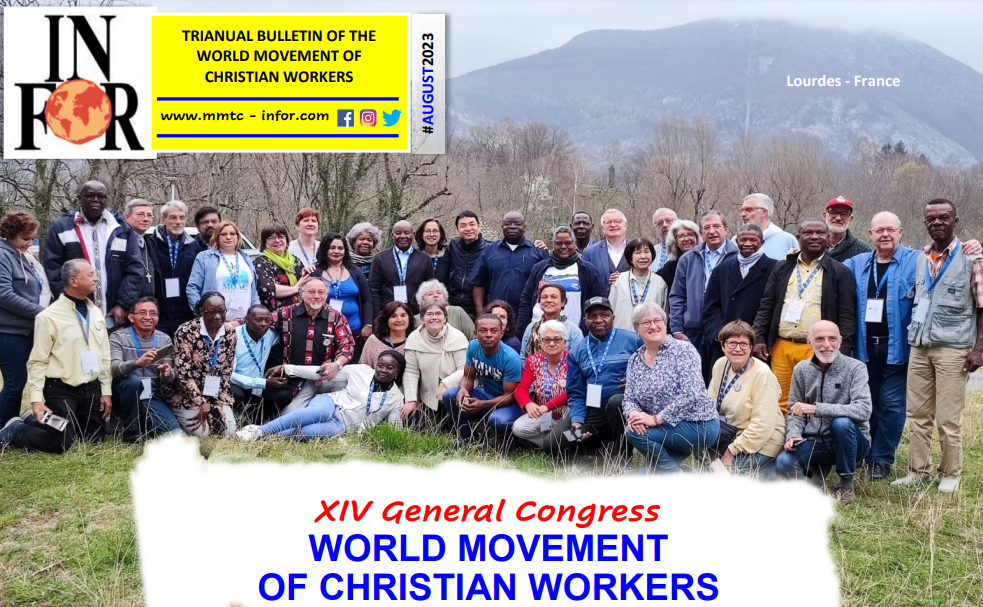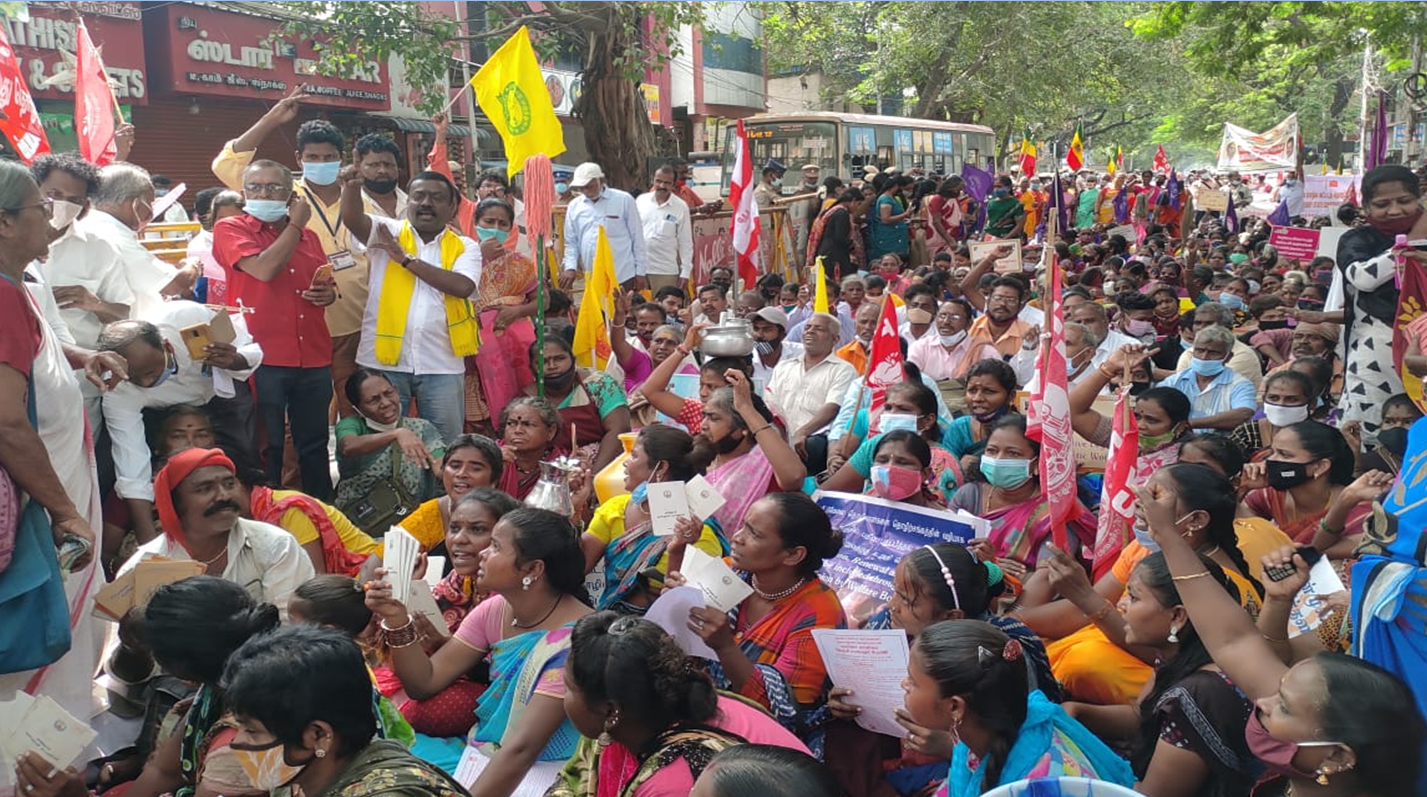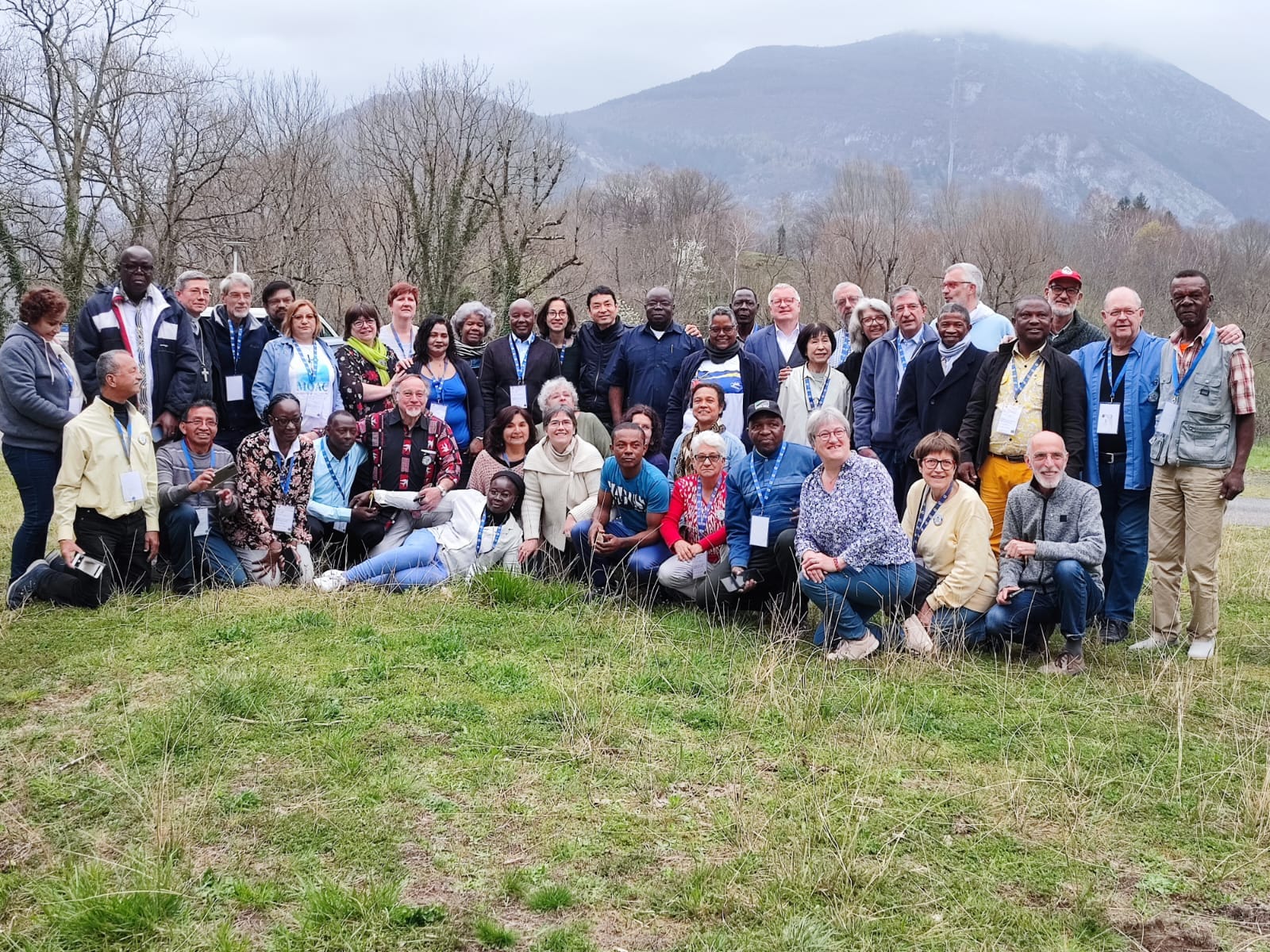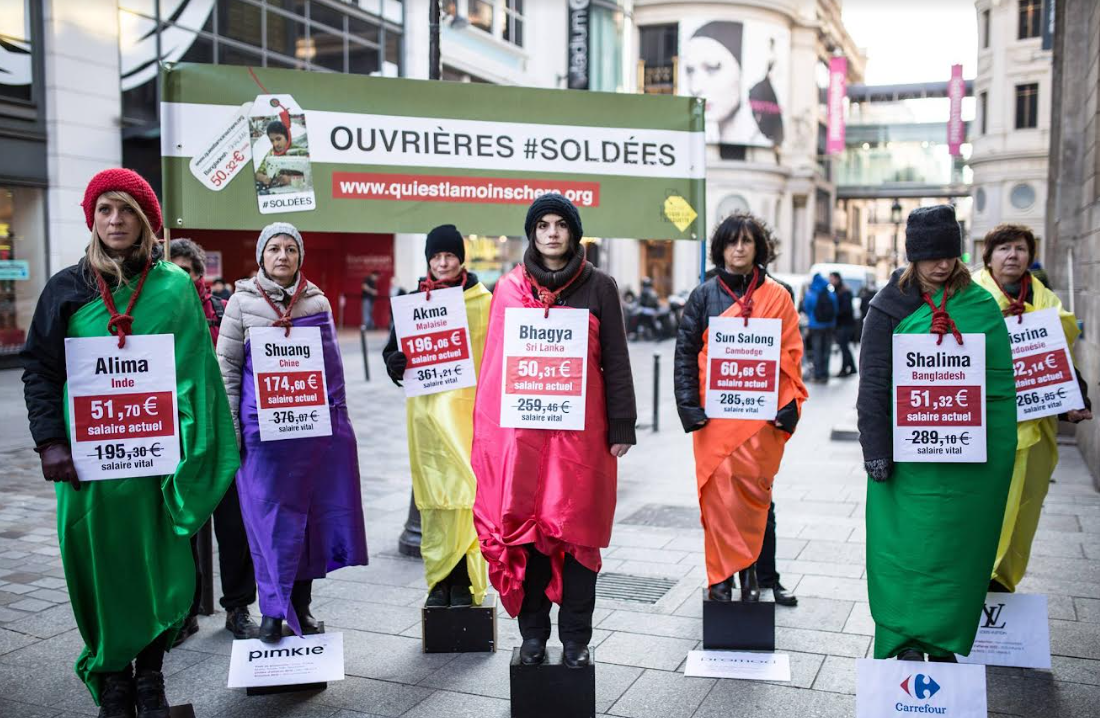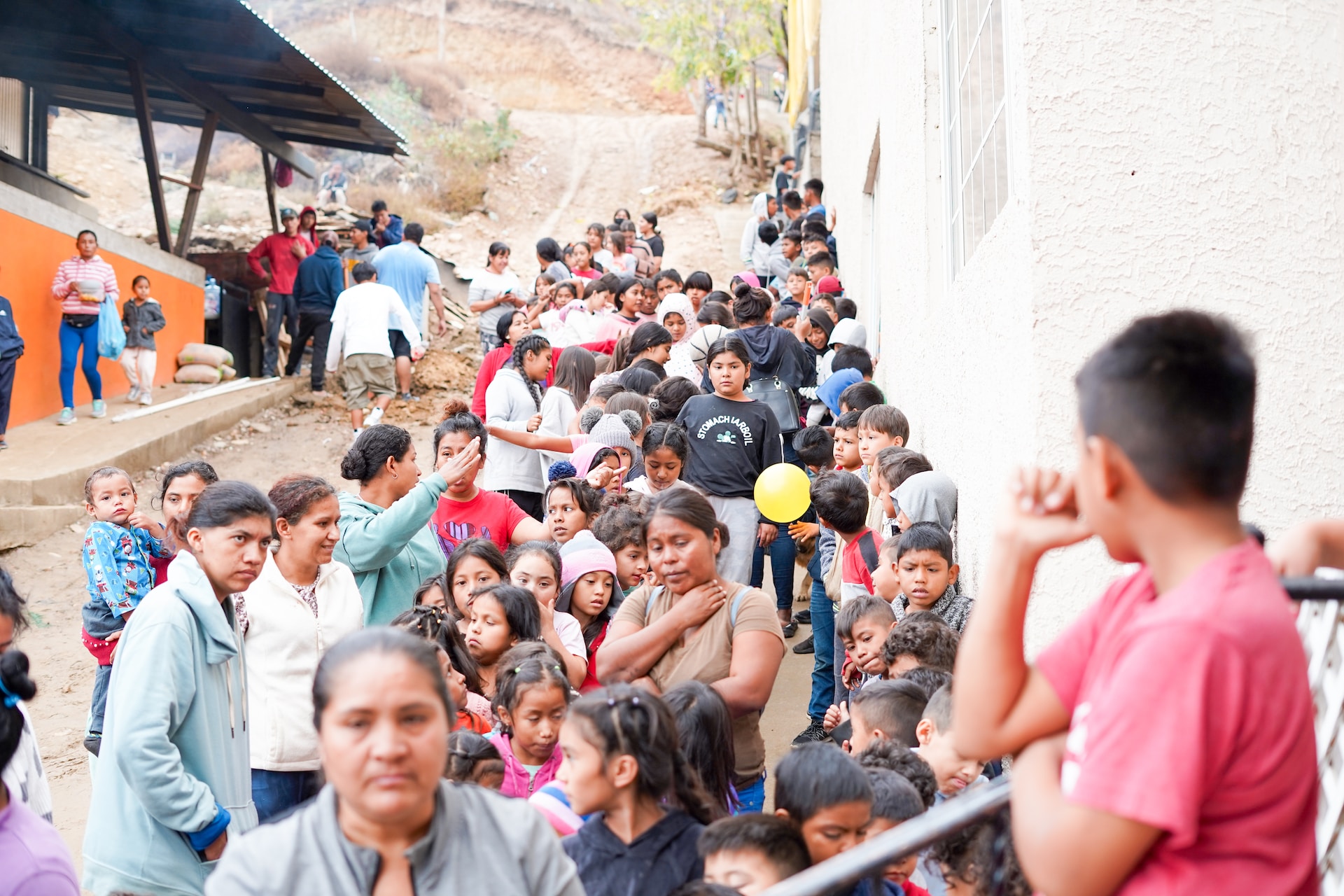
Every year, on the celebration of International Migrants Day on December 18, the World Movement of Christian Workers (WMCW) publishes a message with a double aim: to inform, raise awareness in the community on the situation of migrant workers and promote and strengthen solidarity between WMCW members and migrant workers. Each time, the message is written by a member movement of the WMCW based on the situation experienced in its own country. This year 2023, Guatemala will inspire our reflection and our action.
SPIRITUALITY OF MIGRANTS IN GUATEMALAN COMMUNITIES.
The path of passion, death and resurrection – darkness and light of migrants and their families.
The indicators of migratory flows from our region, including South America (Venezuela), regions of Africa, among others, are increasingly alarming. The border towns of Chiapas, Mexico and Guatemala, the northern border points of several Mexican states with the United States, have become suburbs, places of passage, where for months they recover, stock up on supplies or find a chance to live in Mexico (immigration protection policies).
They are waiting for an opportunity to bypass the wall or, in the best-case scenario, to be accepted on humanitarian grounds into the United States. Migrant transport companies continue to be voracious and sordid in the face of human pain and clamor.
Recent UN data indicates that in 2023, an average of 40,000 people crossed the Darien region (Jungle between Panama and Colombia) towards the United States. The week of October 2-16, 6,000 migrants, mostly Haitians, arrived in the town of Tapachula, Chiapas, Mexico - Border with San Marcos, Guatemala.
Despite limited resources and contacts, migrants carry a great spirituality that allows them to maintain the hope of realizing their dream. Today we want to share the Faith of Guatemalan migrant families, from their places of origin and during the migrant's journey until their arrival at their destination.
In the Mayan calendar, there is a combination of two ways of measuring time and ordering space, the Cholqu'ij, and the agricultural calendar – Ab1.
It is a practice of Mayan and Christian spirituality, in Guatemala, to make an offering to make the decision to leave and choose the path to follow by one or more family members who decide to emigrate, to seek better conditions of life in the “North” in the United States, Canada, Mexico, Spain, etc.
Most common practices:
- Catholic families pay an offering to the priest during Sunday masses and during the week, read a long list of adolescents, young men and young women, who have emigrated, asking for protection of God and the Virgin, Saint Mary of the Way, or the invocation of the patroness of the community or municipality, so that she protects everyone during their journey or during their stay wherever they are. Other families say a novena in honor of the Virgin Mary, before leaving, asking protection for the one who has decided to undertake the journey. Along the way, the rest of the family continues the prayer each day, until the person reaches their destination. Generally, they light one or more candles per day.
- Families of evangelical or Pentecostal communities, in their services, raise their prayers for protection and gratitude for the lives of those who emigrate and their families.
- Mayan families, some of whom are Catholic and Evangelical, seek out hills, mountains, water sources, caves and other energy points to perform Mayan ceremonies2. The guides suggest making this offering on the day of Ak' ab 'al, which symbolizes light and darkness, sunrise and sunset, which is considered a special day to ask for clarity, new opportunities - renewal and
These practices are carried out upon departure and upon arrival at the destination. Once the destination is reached, the remaining family sends out a resounding sound indicating gratitude for having arrived safely, and usually the family comes together to share a meal. Families in the community share the news: they have managed to reach their destination with the hope of a new life.
Remittances from the migrant population in the United States constitute the largest item in Guatemala's economy, averaging $25 billion per year. A great blessing for the family and, paradoxically, for the government of the country, responsible for their expulsion, mired in the impunity and corruption of a state dictatorship.
Message written by the San Marcos Christian Workers Movement - Guatemala
---------------------------------------------------------------------------------------------------------
1In the Mayan calendar, it is a combination of two ways of measuring time and ordering space; The Cholqu'ij, lunar calendar, period which covers the orbit of the moon around the earth (260 days – 20 periods of 13 days). The agricultural calendar – Ab´, which, like the Gregorian calendar, marks the time required for the Earth to orbit the Sun, 365 days. It is established in an account of 18 months of 20 days each, each month and each day bears their respective name. Months refer to a climatic period or community interaction and days refer to certain human characteristics and behaviors with nature and the impact of the cosmos on human beings, called nahuales. In both cases, the missing 5 days are established as a sacred and festive period called Wayeb'. This year, 2023, corresponds to 5,139 of the Mayan calendar.
2 By invoking the Bearer of the year nahual B'E, Path that symbolizes destiny, the development of history, so that its energy guards and guides the journey or the path undertaken.




